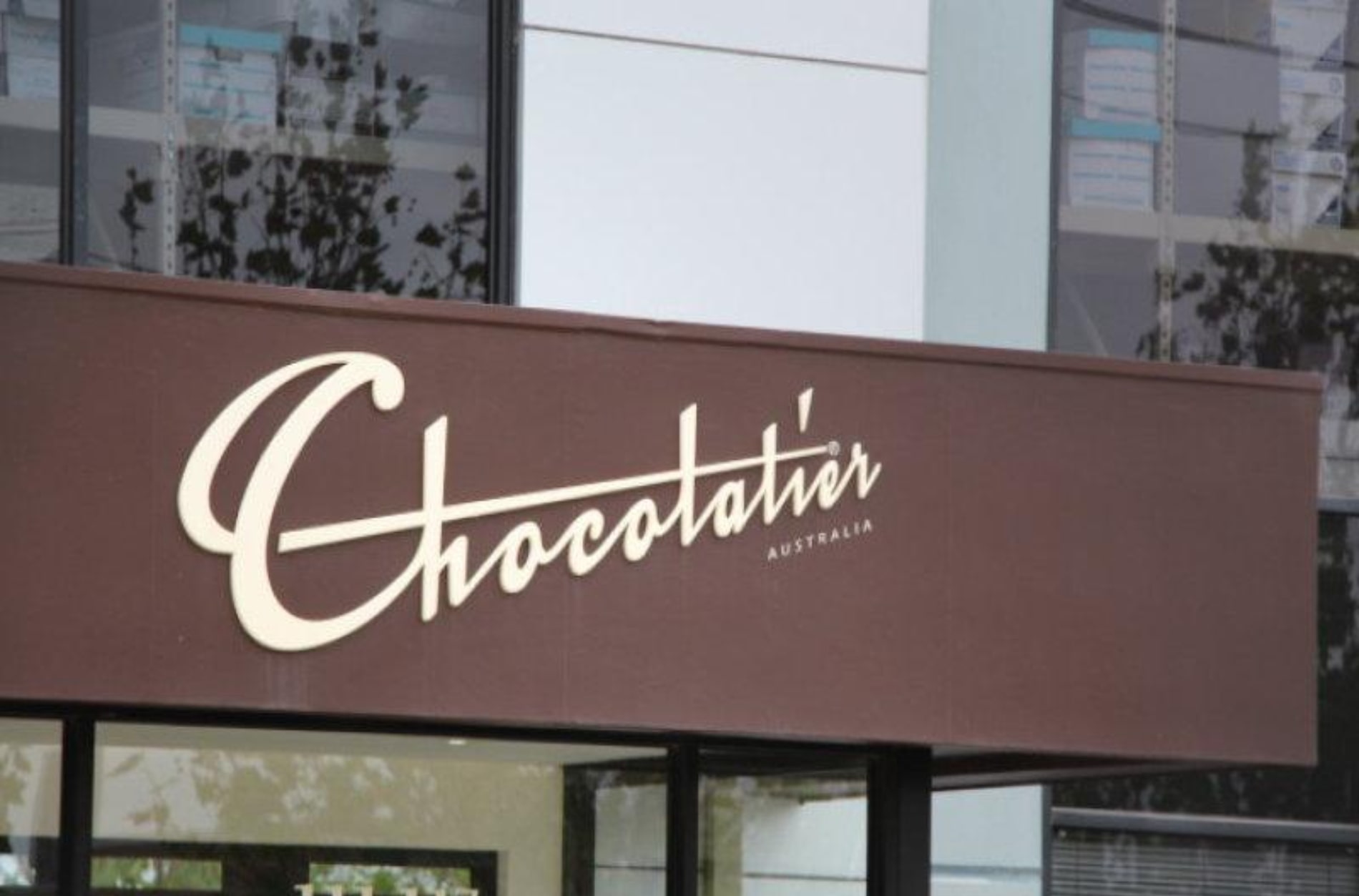Originally intended for introduction prior to the start of the COVID-19 pandemic, the amendments made by the Victorian Government in relation to retail leases came into effect with the introduction of the new Retail Leases Amendment Act 2020, in September.
The Amendment Act introduces new measures across four key areas of retail leases – Essential Safety Measures, disclosures for new leases, lease renewals and security deposits – with implication for both landlords and tenants.
Essential Safety Measures
There are two key issues addressed in relation to Essential Safety Measures (ESMs), stemming from a 2015 VCAT advisory opinion which concluded that landlords could not recover ESMs costs under a lease, regardless of the lease terms.
The new Act addresses this issue for new leases, by allowing for parties to negotiate and enter into an agreement to address which party will hold responsibility for the cost ESMs, including installation, repair and maintenance of those measures. Therefore, by agreement, it may now be the case that a tenant holds costs responsibility for ESMs for any new lease they enter into.
For existing leases, where they had previously incorporated a clause allowing for the landlord to recover ESMs costs from the tenant, that clause is now valid from the date the Act commenced, specifically addressing the previous VCAT advisory opinion. Even if the application of the previous VCAT advisory opinion has applied to an existing lease until this point, that is no longer the case and this significant change in responsibility is likely to require a review of specific lease terms.
Disclosure for new leases
The new Act requires landlords to provide lessees with a disclosure statement and copy of the proposed lease at least 14 days prior to the lease being entered into. If the required documents are not provided within this specified timeframe, the commencement date of the lease is to be delayed until 14 days following the provision of the documents to the lessee. This represents an increase from 7 days which applied previously to the requirement.
Lease renewals and rent reviews
Landlords are now required to provide tenants with a disclosure statement three months prior to the exercise date of any lease renewal option. In the disclosure statement, the landlord must explicitly set out the last date for exercising the option term and what the rent payable will be for the first twelve months of the option term as well as the availability of an early rent review, off a cooling-off period and any other changes to the most recent disclosure which had previously been supplied to the tenant.
The early ret review requirement has been enacted to provide tenants with a greater degree of security with respect to awareness and knowledge if the rent they will be required to pay in the event they exercise an option to review. If the lease currently provides for a market review, the tenant has the option to request an early review by providing the landlord with 28 days’ notice after the landlord has given the tenant notice. Further, the tenant’s option period can be extended until 14 days following the date of determination for the reviewed market rent.
In relation to the cooling off period, even where a tenant has exercised their option to renew a retail lease but not requested an early rent review, in certain situations they may still retain the benefit of a 14-day cooling off period once the rent review is determined.
Security deposits
The amended Act requires that a landlord must return the tenant’s security deposit, including bonds and bank guarantees, within 30 days of compliance by the tenant of their relevant obligations under the lease. This changes the previous wording of the Act, which referred to return of security deposits as soon as practicable.
